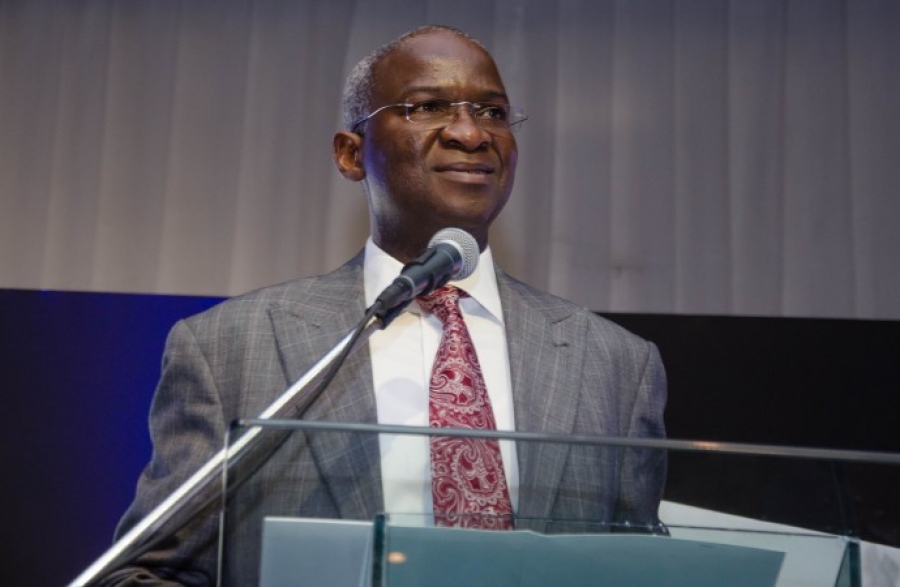- FG Approves $39.9m Cameroon-Nigeria Border Link Bridge
The Federal Executive Council on Wednesday approved a Revised National Policy on Environment for the country and the contract for the construction of the $39.9m Cameroon-Nigeria border link bridge.
These were the highlights of a meeting of the council presided over by the Acting President, Yemi Osinbajo, at the Presidential Villa, Abuja.
The Minister of Information and Culture, Alhaji Lai Mohammed; Minister of Environment, Mrs. Amina Mohammed; and the Minister of Power, Works and Housing, Mr. Babatunde Fashola, briefed State House correspondents of the meeting’s outcome.
Mohammed said the policy on environment which was first formulated in 1991 was first revised in 1999.
She said it has become imperative that the nation formulate the new policy framework because of the need to capture some of the emerging issues that developed since the last revision.
She listed some of the issues to include climate change, coastal erosion, desertification, erosion, pollution and insecurity.
The minister said, “What the policy does is to look at all the different inter-sectoral issues that we have whether it is with water, health, power agriculture and bring them in to have a multi-sectoral response.
“It went into an extensive stakeholder consultation, a greater part of the new policy environment sees partnership with the private sector and with the communities as absolutely essential to the sustainability of our environment.”
The minister said the new policy provided better opportunity to engage with states, local governments and communities and executing the priorities of the change agenda.
Fashola said the council approved the memorandum for the construction of Cameroon-Nigeria Border link bridge, at Ikot Efiom under the African Development Bank support.
The project, he said, was meant to improve the relationship between Cameroon and Nigeria post the International Court of Justice’s judgement over Bakassi.
He said the approved bridge was part of the link road between Enugu-Abakiliki Way which is already completed and part of larger Lagos-Mumbasa Highway.
” $38m is for the construction contract and $1.9 million for the consultancy and this was done under ADB procurement guidelines,” he said.
Fashola also said the council approved the resuscitation and completion of the Kaduna Eastern Bypass highway, which was started in 2002 and was initially planned to have been completed within three years.
He said the road was a 50 kilometre highway and dual carriage way with nine bridges over rivers and rail crossings.
“The project which was first awarded in 2002 was N16bn. We have had to get approval for N22bn verbatim and so that takes that project cost now to N32bn.
“The contractor was paid N5.5bn in 2002. If we had paid the contractor N11bn then when exchange rate was N109, it would have fetched us $96m. If you multiply $96m today even at official rate of N305, it is now N29bn,” he explained.

 Naira4 weeks ago
Naira4 weeks ago


 Naira4 weeks ago
Naira4 weeks ago


 Naira3 weeks ago
Naira3 weeks ago


 News4 weeks ago
News4 weeks ago
 Travel4 weeks ago
Travel4 weeks ago




 Naira4 weeks ago
Naira4 weeks ago


 Jobs3 weeks ago
Jobs3 weeks ago
 Naira3 weeks ago
Naira3 weeks ago






















